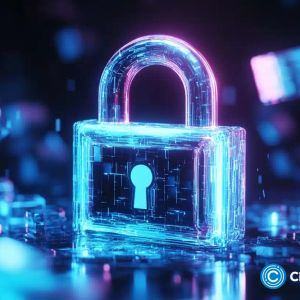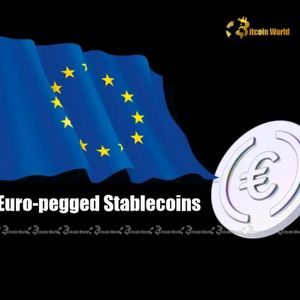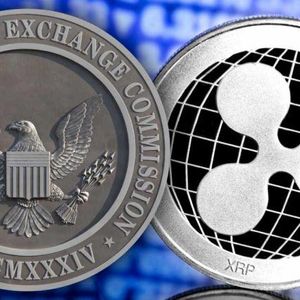A research team in China managed to successfully factor a 22‑bit RSA integer using a quantum computer, signifying a breakthrough in encryption decoding. What could it mean for crypto security? Using a quantum annealer from D‑Wave, a team of researchers at Shanghai University managed to factor a 22‑bit key using a novel method that translates the task into a form the quantum machine can handle, according to a report by Earth.com. RSA, which stands for Rivest-Shamir-Adleman, is a public-key cryptosystem that is commonly used for secure data transmission. Systems that use the encryption system include online bank accounts, web browsers, email providers, messaging services, VPNs, and cloud services. Although 22-bit is still a small number compared to the larger 2,048‑bit keys or even 3072-bit used in real-world encryption, the breakthrough is significant because it proved that quantum computing can reach beyond the previous 19-bit record. By tweaking model parameters, the researchers raised success rates and showed how their approach could scale more bits in the future. This means that in the future, with more computational resources per bit, the unbreakable RSA could be decrypted. As a result, many institutions like NIST and the White House are already rolling out quantum-safe standards and urging agencies and companies to switch to post-quantum cryptography, warning of “harvest now, decrypt later” attacks. You might also like: Cisco Talos: New North Korean threat ‘PylangGhost’ targets crypto workers through fake job sites Does cryptocurrency use RSA encryption? Though RSA is widely used in many aspects of our digital systems, most modern cryptocurrencies do not use the encryption for signing transactions or wallet security. Instead, cryptocurrencies like Bitcoin ( BTC ) and Ethereum ( ETH ) rely heavily on Elliptic Curve Cryptography or ECC, including Elliptic Curve Digital Signature Algorithm ECDSA and the later model EdDSA in newer projects. Although this is the case, the crypto space does make use of the encryption model in other areas that are just as crucial to security. For instance, certain crypto exchanges, custody services and payment platforms may still use RSA encryption for SSL/TLS infrastructure. Additionally, some cold storage systems or older crypto projects and old wallets containing sensitive information may still rely on RSA for internal key storage or back-up encryption. The same applies for encrypted data archives and back-ups at crypto custodians or blockchain companies. You might also like: Chinese researchers claim 48-bit encryption cracked with quantum computing Why the RSA quantum breakthrough matters for ECC? Although the experiment applies to RSA, this does not mean that ECC is untouchable. Both RSA and ECC are vulnerable to quantum attacks via Shor’s algorithm. Shor’s algorithm is a quantum algorithm that can efficiently factor large numbers and solve discrete logarithm problems. The algorithm poses a significant threat to the security of many modern cryptographic systems. While this does not directly pose a threat to current more advanced crypto systems, it indicates that quantum progress not just a theoretical concept anymore. The deeper issue is that if quantum hardware can scale factoring algorithms, then the decryption of ECC is not far behind. A powerful enough quantum computer running Shor’s algorithm could bypass ECC by forging blockchain transactions, breaking encrypted communication between wallets and nodes, as well as gain access to private keys from public BTC or ETH wallets. In the meantime, crypto projects should stay alert and prevent security breaches by performing audits on vulnerable areas such as TLS certificates, API encryption, VPNs and off-chain key management. You might also like: Vitalik Buterin responds to security concerns over new Pectra upgrade



















